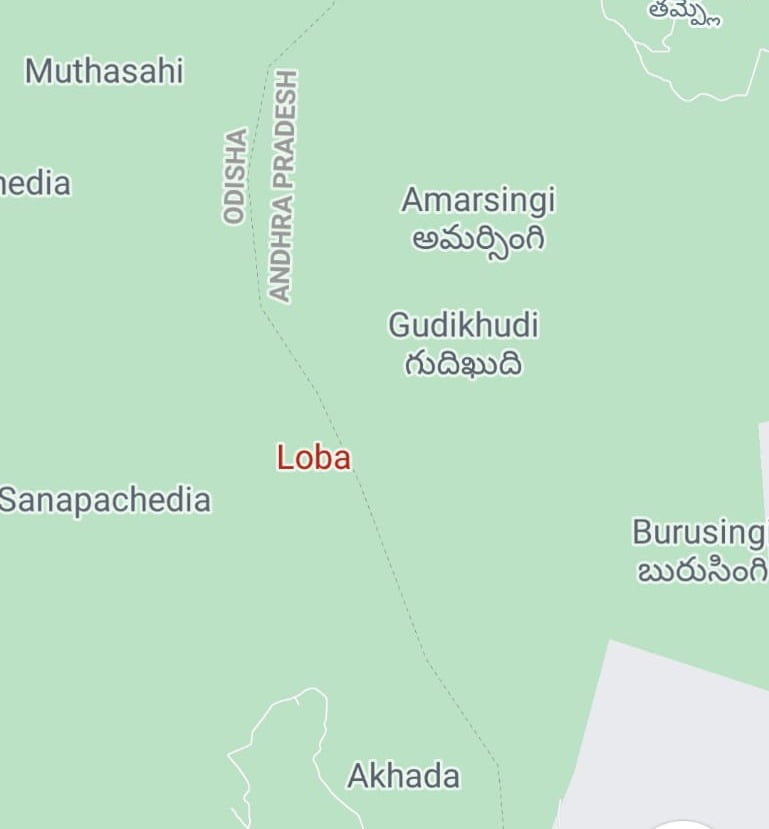Ashok Mohapatra was a post-graduate student of History in Utkal University campus at Vani Vihar, Bhubaneswar, while I was an Assistant Professor of Political Science in 1965. He was sharp, well-mannered, humble and respectful. His attitude towards me was exactly similar to that of students who I was teaching Political Science though I never taught him. Subsequently he got into IAS and was in the cadre of Himachal Pradesh. We lived in Delhi in 2002-04 in the same locality — Moti Bagh. One winter evening, both I and my wife attended a small party Ashok hosted celebrating perhaps the first birthday of his grandchild. Mr J P Das (renowned writer and formerly IAS officer) too attended the party.
A young man greeted me and my wife with great reverence. He said he knew me and had seen both of us in a video that was made while I, as Secretary, Agriculture, had visited the orange plantations in Loba panchayat of Gajapati district around 1992-93. He was then a student and lived in Paralakhemundi while his father, Shyama Sundar Prusty, was the Deputy Director of Horticulture. This video motivated him a great deal to make a career in civil service. And he turned out to be the father of the child whose birthday was being celebrated by the grandfather, Ashok. The young boy, Debasish Prusty, had joined the IAS and was in Rajasthan cadre. While Ashok came forward to introduce his son-in-law to us, he was surprised seeing us engaged in a lively chat. Ashok retained his simple and noble manners. Last I saw him was when he was Shipping Secretary. I had retired and when he saw me entering his office room, he greeted me as a student would greet his teacher.

The visit to the orange plantation in Loba was indeed a memorable event for me. Gour Shankar Das was the Director of Horticulture. He had accompanied me. We spent a night in Taptapani at the PWD Inspection Bungalow. The bungalow, nestled in the cradle of the rolling hills of the Eastern Ghats amidst rainforests, boasted of a bath-tub into which flowed hot water from a hot-spring nearby. Both G S Das and I got up fairly early, around four in the morning, and walked under the star-lit sky amidst the overwhelming quietness in the surrounding. There was plenty of music around. The rainforest had abundance of living creatures — large and small — comprising animals and insects. What was going on was a concert of “humming, thrumming, buzzing and chirping”. The surrounding, the wise horticulturist, GS Das, explained to me, we were in, was a microcosm of Nature’s bounty.
Journey to Loba was exciting and refreshing. As we went closer, the festive mood of the inhabitants became clearer and louder. There were flowers, garlands, music and smiles in plenty. We were greeted with garlands of oranges. The vastness of the luxuriant plantations was awesome. Some trees were more than 100 years old. In the past, some people from the village had gone to Assam to work in the tea gardens and brought home orange saplings. Perennial stream flowed by and we drew up plans for introducing drip irrigation for the plantations. G S Das told me that with irrigation the farmers would get two harvests in a year. The plantation had been carefully nurtured and enriched by the field staff of the Agriculture Department for years. Agro-climatic condition of the large region was conducive to citrus farming.
After I left the Agriculture Department and moved into Finance Department, drip irrigation was introduced and farmers reaped the benefits. Odisha orange I was given to understand hits the market the earliest. Odisha should have gone ahead with large-scale orange plantation in Rayagada, Gajapati , suitable areas in Kalahandi and Koraput districts. Sheer inquisitiveness prompted me two months ago to know the present situation in Loba. In the meantime, I tried to locate Debashis Prusty as Ashok had passed away and even Debashis’s father is no more. Debashis is now posted in Brussels and promised to look for the video cassette which had captured my Loba visit once he comes to Bhubaneswar. I spoke to an official of Horticulture directorate working in that area to get an idea about the present condition of the orange plantations of Loba. His response was disappointing. Plantations in Loba are no more there. Efforts are now to introduce Kinnow there.
Whether it is orange or potato; onion or mung; sustainability and growth have been an issue in Odisha agriculture. If Nagpur orange, Nashik onion or Himachal apple could serve India for decades, why shouldn’t Odisha potato or Odisha orange? It needs serious introspection.



